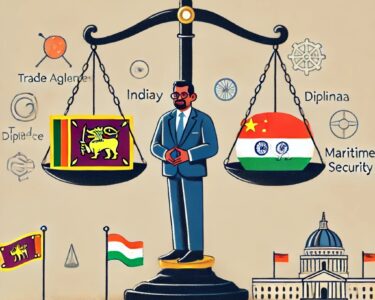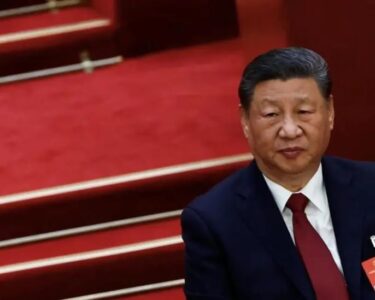COP28, the UN’s annual climate conference, made a significant step forward by acknowledging the need to transition away from fossil fuels. However, it fell short of committing governments to a clear and time-bound phase-out of fossil fuels, which is crucial to address the climate crisis and protect human rights.
While the Global Stocktake text explicitly mentioned “fossil fuels” for the first time in over 30 years, it doesn’t go far enough in holding governments accountable for phasing out these harmful industries. Fossil fuels are the primary driver of climate change and cause severe human rights violations, especially for frontline communities
Despite calls from more than 80 countries to phase out all fossil fuels, many governments have instead defended and supported their expansion, prioritizing economic interests over environmental and human health concerns.
Addressing a press conference before departure Minister of Foreign Affairs. Ali Sabry said that Sri Lanka, recognizing the critical role it plays in the fight against climate change, seeks to actively engage with the international community to gain support for its ground-breaking initiatives.
A fund that will provide essential finance to countries most impacted by climate change attracted more than US$400 million in pledges after it was announced on 30 November at the start of the 28th United Nations Climate Change Conference (COP28) in Dubai.
The draft resolution on a ‘loss and damage’ fund marks a historic moment for the world’s strategy on climate change.







